Prøve GULL - Gratis
Pharmaco-Metaphysics?
Philosophy Now
|August/September 2025
Raymond Tallis argues against acidic assertions, and doubts DMT discoveries.
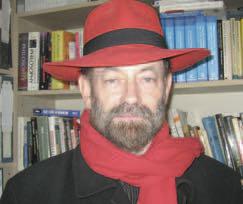
I ought to begin with a confession. I have had no firsthand- or first-head - experience of psychedelic drugs. Admittedly, I occasionally (actually, frequently) 'do' a bit of (actually, quite a lot of) my favourite white wine. Courtesy of Pinot Grigio, I am sometimes translated to a parallel universe in which my jokes are funny and the laughter they trigger is directed at the tale rather than the teller. But this is hardly comparable to the experiences of 'psychonauts' who take hallucinogenic drugs such as psilocybin in pursuit of revelations about the true nature of the world, of our place in it, and of our eventual destination.
In The Doors of Perception (1954), Aldous Huxley reported on his experiences with the psychedelic drug mescaline. They ranged from the enchantment of an unpeeled awareness of the beauty of flowers, to a sense of a Divine Presence. The title of the book echoed William Blake's claim in The Marriage of Heaven and Hell (1790) that "If the doors of perception were cleansed, then everything would appear to man as it is, Infinite."
The philosopher and psychologist William James (1842-1910) was ahead of Huxley. His experiences with nitrous oxide (laughing gas) had an enduring influence on his thought and, in particular, on his attitude towards religion. Reflecting on his experiences, he felt that all religions "converge towards a kind of insight to which I cannot help ascribing some metaphysical significance." James was haunted by the suspicion that his everyday awareness was flanked by utterly different modes of consciousness, and separated from them by 'the flimsiest of screens'.
Denne historien er fra August/September 2025-utgaven av Philosophy Now.
Abonner på Magzter GOLD for å få tilgang til tusenvis av kuraterte premiumhistorier og over 9000 magasiner og aviser.
Allerede abonnent? Logg på
FLERE HISTORIER FRA Philosophy Now

Philosophy Now
Pharmaco-Metaphysics?
Raymond Tallis argues against acidic assertions, and doubts DMT discoveries.
7 mins
August/September 2025
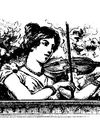
Philosophy Now
Nine Spiritual Exercises
Massimo Pigliucci explains how to get Philo-Sophical.
3 mins
August/September 2025

Philosophy Now
Books
We follow mammal's search for meaning, as Mark Vorobej savages John Gray's book of impractical cat philosophy, while B.V.E. Hyde ponders the point of Jordan Peterson. In Classics, Hilarius Bogbinder reviews Plato's Republic.
21 mins
August/September 2025
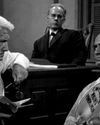
Philosophy Now
The Centennial of the Scopes ‘Monkey’ Trial
Tim Madigan on the creation and the evolution of a legend.
14 mins
August/September 2025
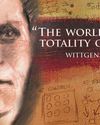
Philosophy Now
Gödel, Wittgenstein, & the Limits of Knowledge
Michael D. McGranahan takes us to the edge of language, mathematics and science.
10 mins
August/September 2025
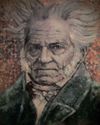
Philosophy Now
Weltschmerz and the World
Ian James Kidd takes a realistic and global view of the history of pessimism.
10 mins
August/September 2025
Philosophy Now
What Makes A Work Of Art Great?
Each answer below receives a book. Apologies to all the entrants not included.
16 mins
August/September 2025
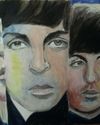
Philosophy Now
The Beatles: Nothing is Real
Clinton Van Inman gets back to the psychedelic Sixties.
4 mins
August/September 2025

Philosophy Now
The Post-Truth Kerfuffle
Susan Haack, who is Distinguished Professor in the Humanities, Cooper Senior Scholar in Arts & Sciences, Professor of Philosophy, and Professor of Law, at the University of Miami, talks with Angela Tan about how and when we know.
11 mins
August/September 2025
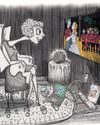
Philosophy Now
A Crisis of Attention
Paul Doolan attends to our culture of attention demanding.
13 mins
August/September 2025
Listen
Translate
Change font size
